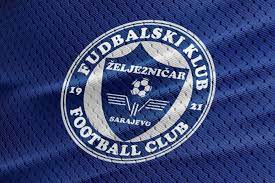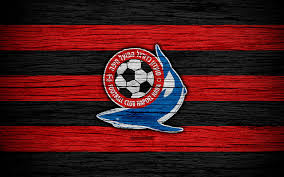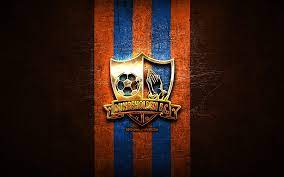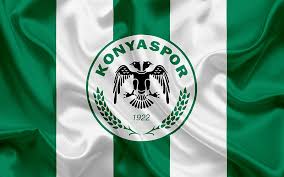In these formative years, QPR faced several challenges typical of fledgling football clubs. They participated primarily in local competitions and amateur leagues. However, despite these obstacles, the club slowly gained recognition, capturing the interest of local spectators. Their early efforts laid the groundwork for the future success they would eventually achieve as they transitioned into more competitive leagues and tournaments nhà cái RR88.
History and Development of Queens Park Rangers Football Club
As the evolution of Queens Park Rangers Football Club continued, the club began to make significant strides in British football. The transition from amateur to professional was a pivotal moment in its history. The establishment of a formal structure and the recruitment of dedicated players and management allowed QPR to build a reputation as a serious contender in the sport.
The Club’s Origin and Evolution
In the late 19th and early 20th centuries, QPR’s participation in various competitions allowed the club to refine its approach to the game and cultivate a loyal fanbase. By joining the Southern League in 1896, they embarked on a new chapter that brought increased visibility and competition. During this period, QPR’s infrastructure also evolved, leading to improvements in facilities and operational organization.
As the years progressed, the club became a founding member of the Football League Third Division in 1920. This marked a significant step forward, as QPR began to challenge itself against clubs of various levels of expertise. Developing a competitive team culture became paramount, and the club attracted talented players who played critical roles in shaping its legacy.
Key Milestones in Its Journey
Throughout its history, QPR has experienced various milestones that have defined its trajectory within English football. One of the most notable periods came during the 1960s and 1970s when the club enjoyed considerable success under the management of influential figures such as Gordon Jago and Dave Sexton.
During this time, the team achieved promotion to the top flight and established itself as a force within English football. Notably, the club won the League Cup in 1967, marking its first major trophy. This victory set the stage for further accomplishments, including making a remarkable run in the UEFA Cup. QPR’s ability to compete on multiple fronts demonstrated its burgeoning prowess and ambition.
The Team’s Performance in Different Eras
As we analyze the performance of Queens Park Rangers Football Club throughout different eras, it’s essential to recognize the context in which these fluctuations occurred. Each decade brought unique challenges and opportunities for the club. In the 1980s, for instance, the club reached new heights, finishing as runners-up in the First Division and securing a place in European competitions. The quality of players during this era, coupled with their fighting spirit, allowed QPR to transcend limitations and challenge even the elite teams.



